IGM
-

Submission to the call for evidence for the initiative on the “Prevention of harmful practices against women and girls”
From the introduction: To this day, intersex individuals (also called: persons with a variation of sex characteristics), including but not limited to intersex women and girls experience severe fundamental rights violations across the EU. While intersex persons share the experience of structural and every day discrimination, as well as being targets of harassment, violence and…
-

Landmark moment as Greek Parliament votes to ban IGM and protect the human rights of intersex minors
OII Europe Press Release 21-07-2022 On July 19th, 2022, in a watershed moment, The Greek Parliament voted in favour of the “Medically Assisted Reproduction Reforms Act”, which includes Articles 17 to 20, PART C on “Change of Sex Characteristics of Intersex Minors”. The law bans medical interventions (including hormonal treatments and surgeries) that aim to…
Categories: Press Releases -

M v. France decision:
The European Court of Human Rights finds the complaint inadmissable, but sets the basis for the qualification of IGM as torture Press Release (download as PDF) On Thursday 19 May 2022, the European Court of Human Rights communicated its decision on the case M c. France (42821/18). While the Court rejected the application on procedural…
-
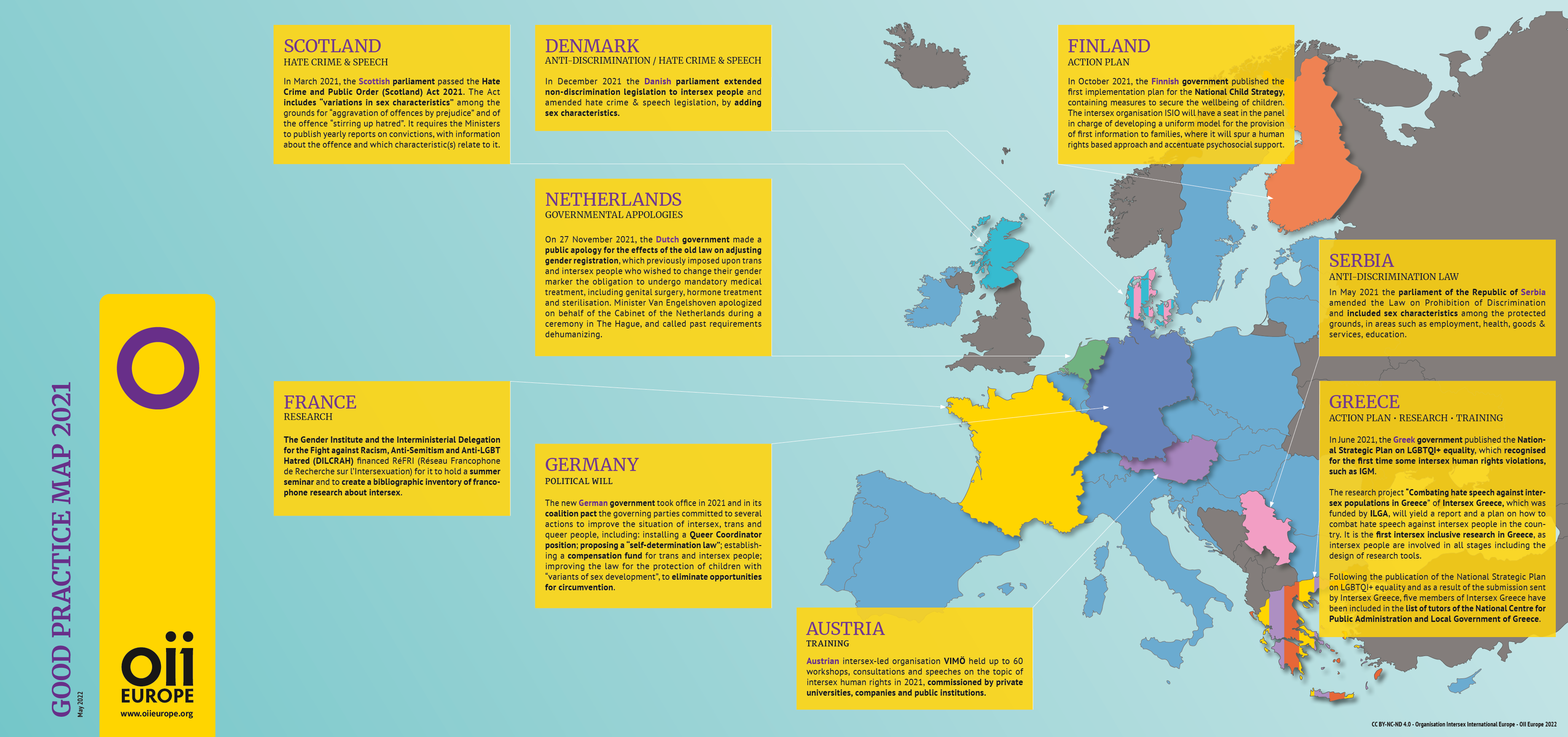
Good Practice Map 2021
Today, on the 17th of May 2022, OII Europe is proud to present its 2021 Good Practice Map! The map highlights advancement achieved in 2021 towards the better protection of intersex human rights across Europe.
Tags: Anti-discrimination, austria, Council of Europe, Finland, france, Germany, Greece, Hate Crime, Hate Speech, IGM, Policy Action, Research, Scotland, Serbia, Training -
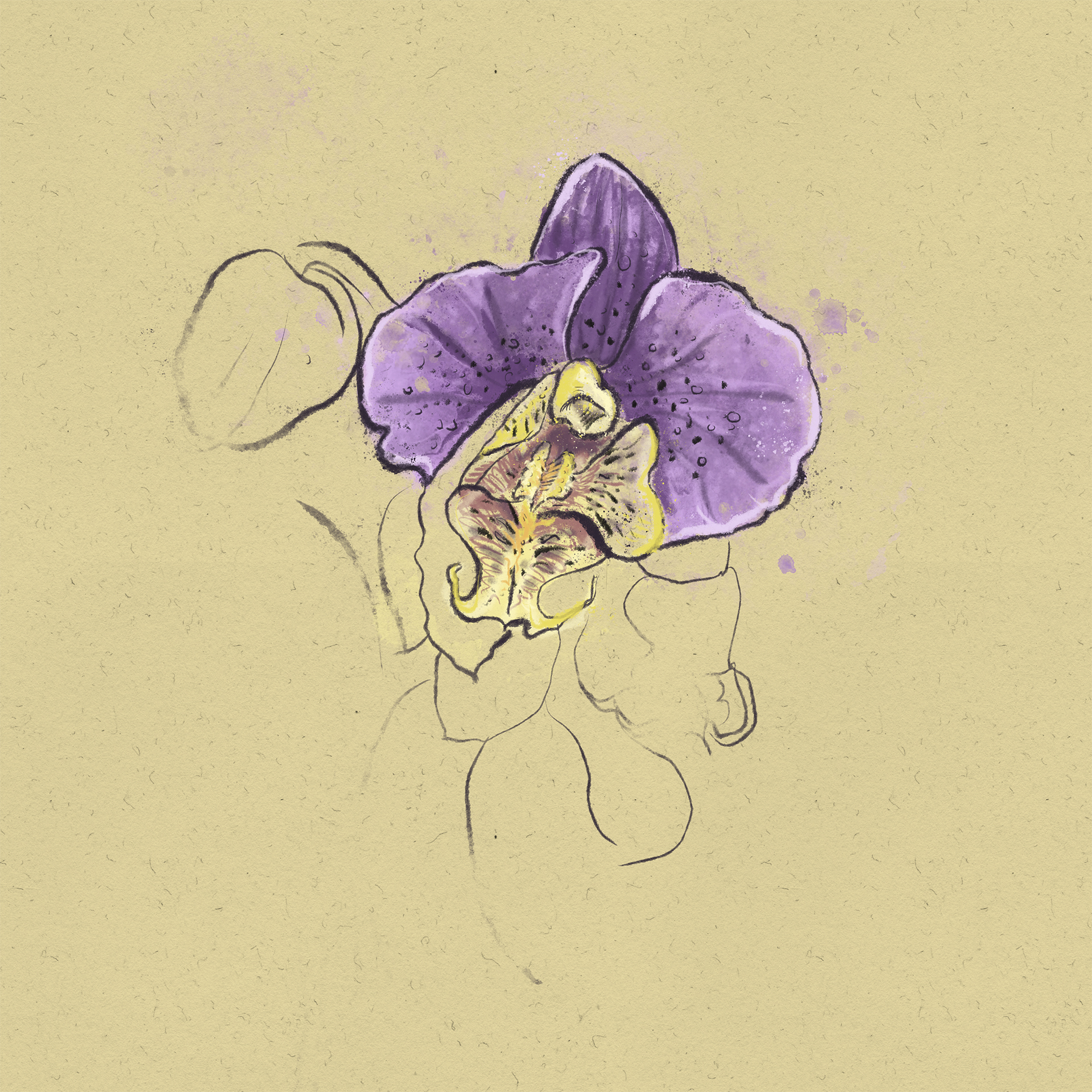
In the making: Put an end to IGM
Last updated: May, 2025 This page has been introduced with the OII Europe Good Practice Map 2021. The content of this page will be updated periodically. It will show national laws banning non-vital, non-emergency medical interventions on intersex children in Europe. It will highlight both the positive points and the obstacles towards full protection. — 2024…
-

A good first step: Germany adopts law banning IGM. But there is still room for improvement
A good first step: Germany adopts law banning IGM. But there is still room for improvement. On March 25, 2021, the German Bundestag adopted a draft law from the federal government “for the protection of children with variants of sex development”i (19/24686). The law provides a first, yet non-comprehensive, framework to protect intersex children from…
-
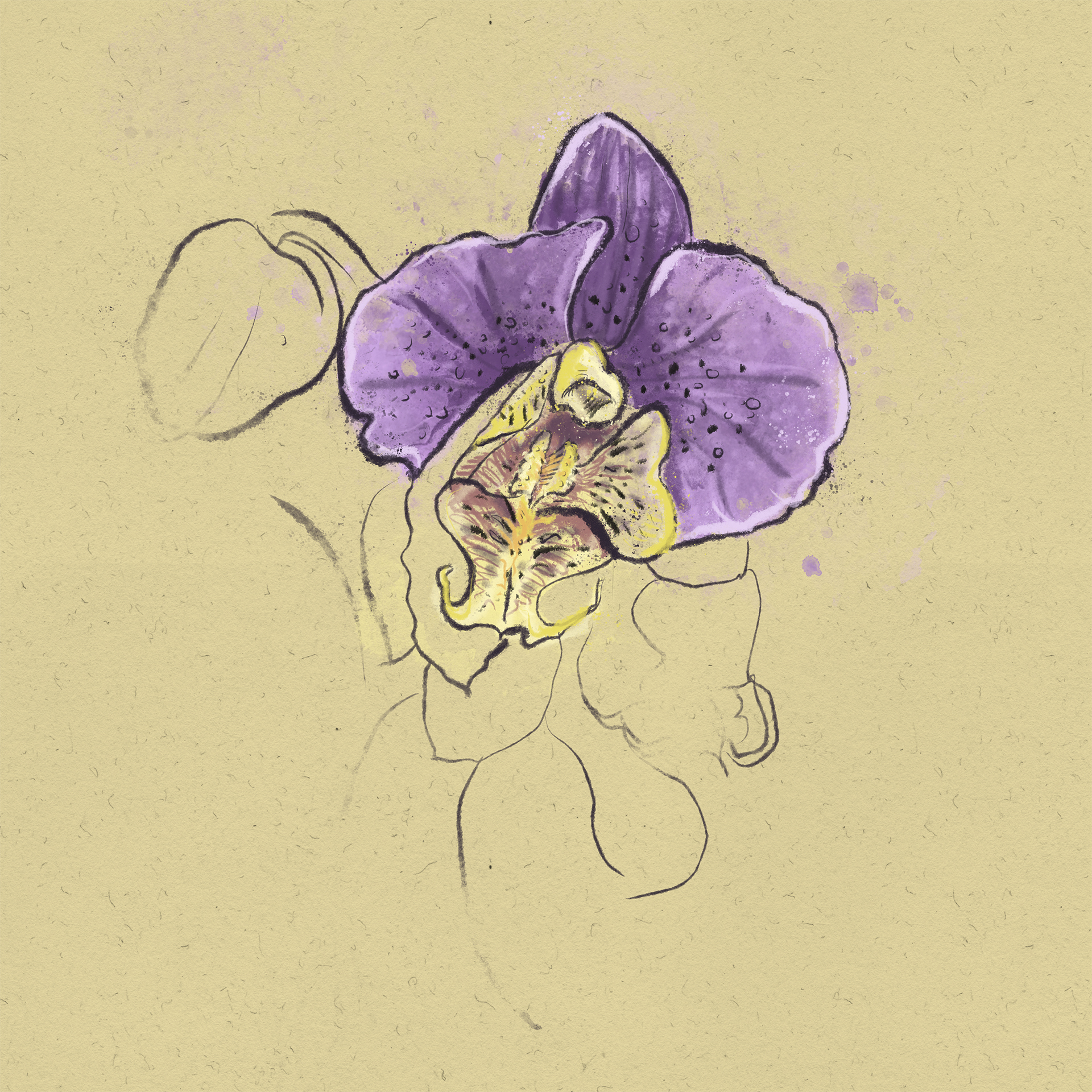
IGM
While many legal contexts do not explicitly address intersex genital mutilation (IGM), female genital mutilation (FGM) is widely addressed in the European legal landscape…
-
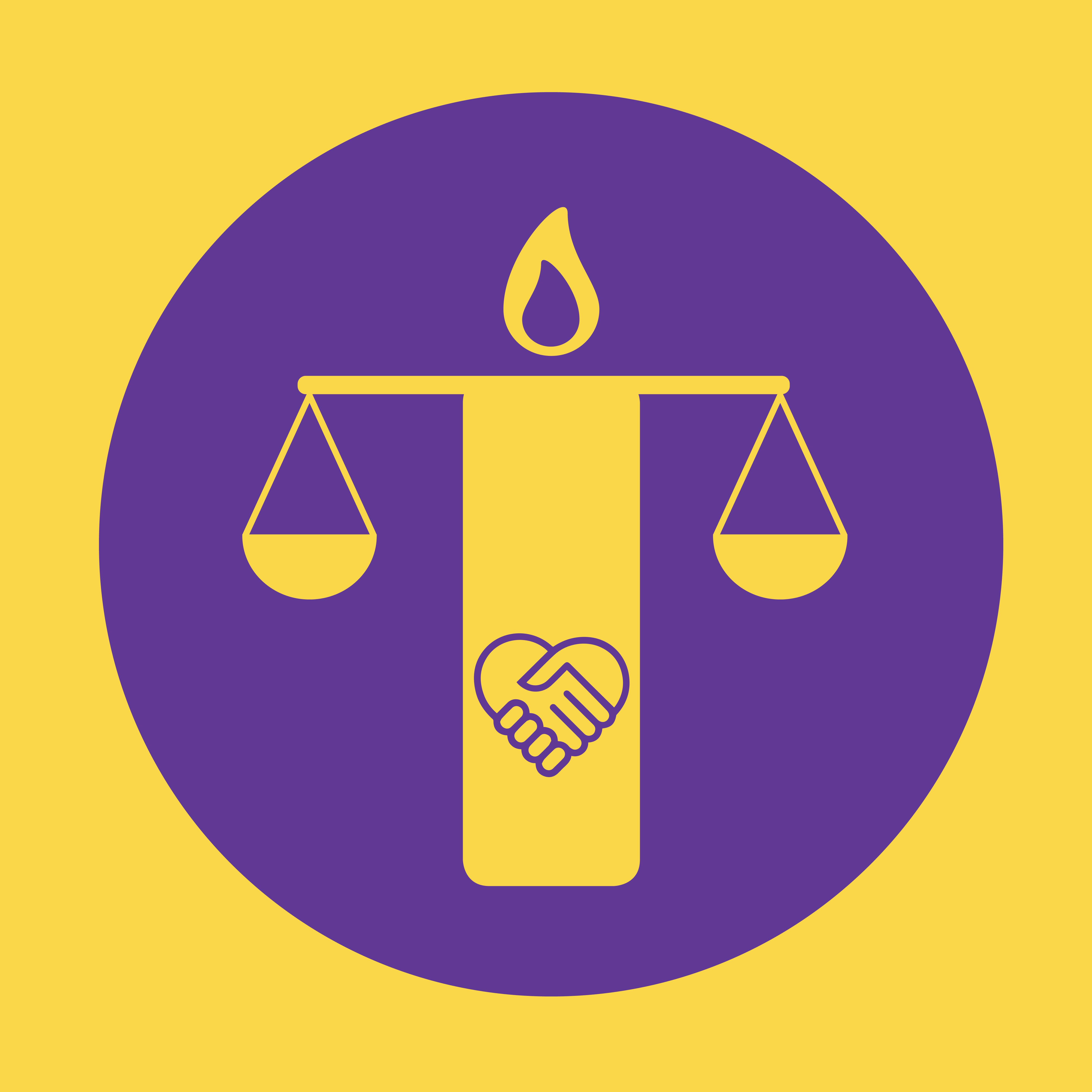
EU Strategy on victims’ rights (2020-2025) Joint submission
One component of work under the Victim’s Rights Directive relating to violence against women and girls is combatting female genital mutilation (FGM). In order to also address the human rights violations that intersex infants and children face, the future Directive should also include intersex genital mutilation (IGM) as a key focus.
Categories: Submissions -
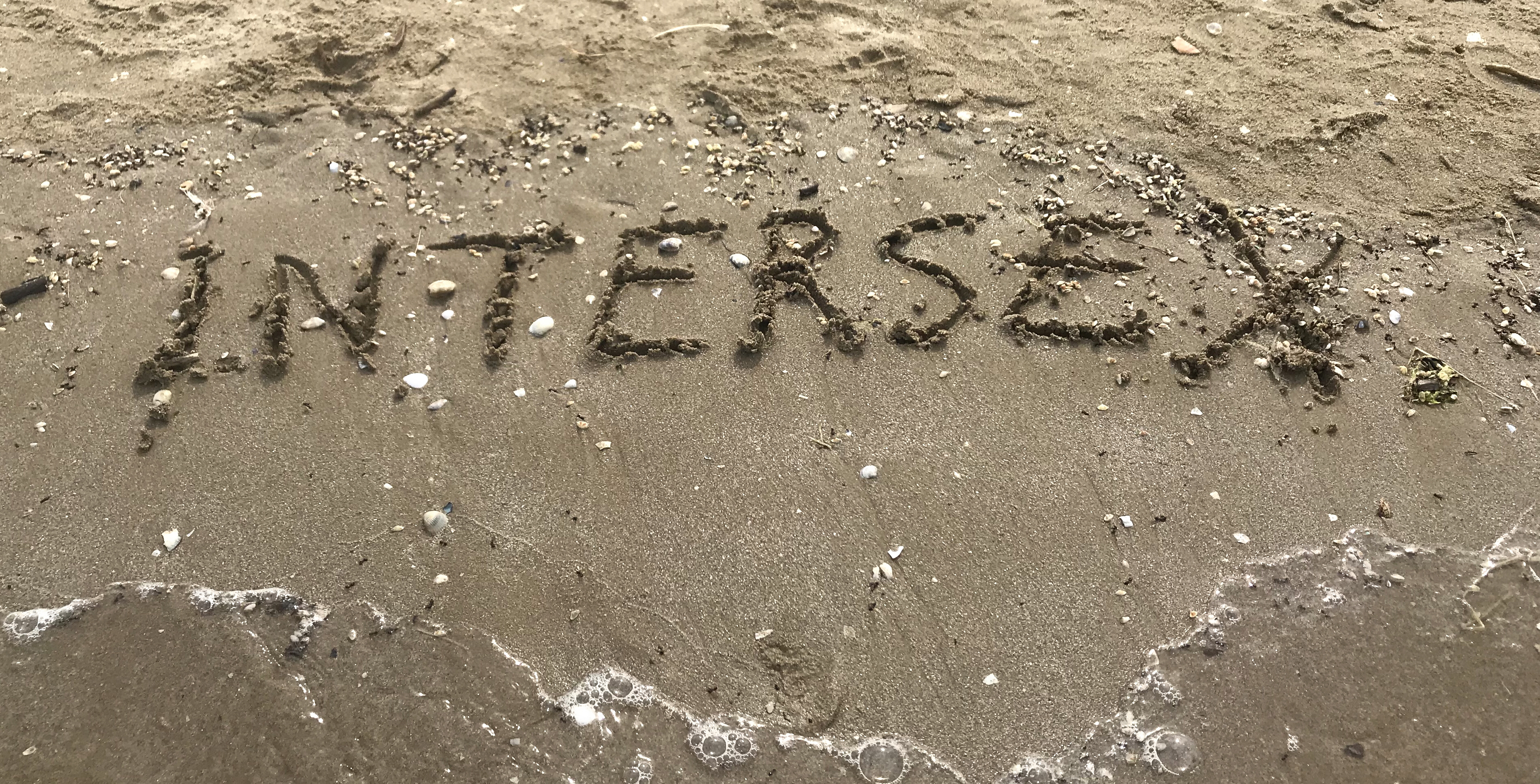
WHO publishes ICD-11 – and no end in sight for pathologisation of intersex people
Find a Spanish version here. On June 18 2018, the World Health Organization published the new International Classification of Diseases in its 11th version, which will be presented for final approval to the World Health Assembly in 2019. It is the first time since 1992 that the ICD has been reviewed. On positive note trans…
-
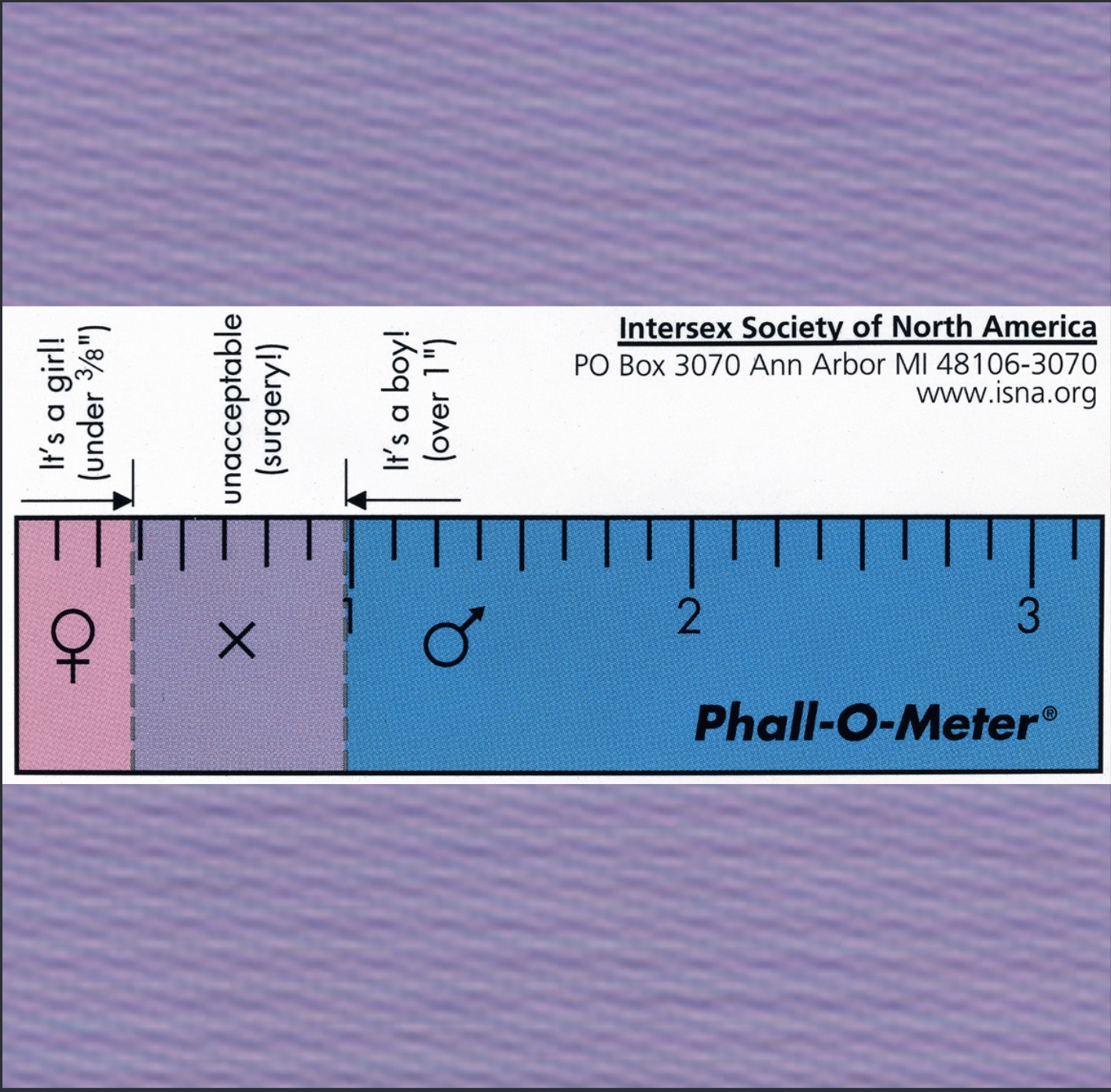
Recent Study on the Frequency of Genital Surgeries on Children Performed in Germany
Recent Study on the Frequency of Genital Surgeries on Children Performed in Germany. Summary of the main findings from OII Germany With the publication “On the current state of cosmetic surgery of ‘ambiguous’ genitalia in childhood” by Ulrike Kloeppel[1], for the first time sound quantitative data on cosmetic genital surgeries performed on children throughout Germany…
-
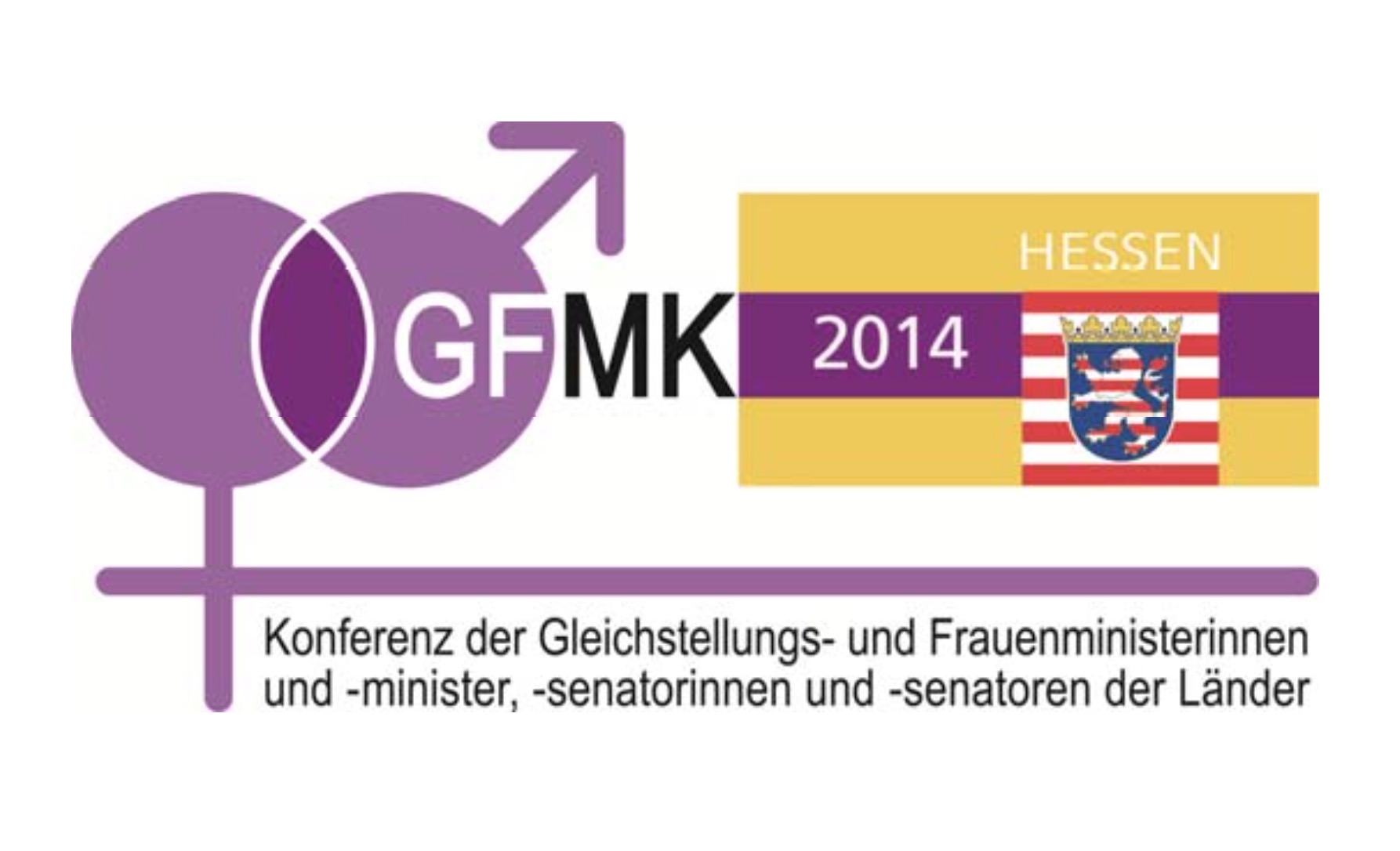
We applaud the statement of the Conference of the German Ministers for Women and Equalities
In October 2014 the Conference of the German Ministers for Women and Equalities affirmed that interventions that modify the sex characteristics of an intersex person constitute human rights violations referenced in Article 2. Abs. 2 Satz 1 GG of the German Constitution. The Conference of the German Ministers for Women and Equalities has furthermore equated…


